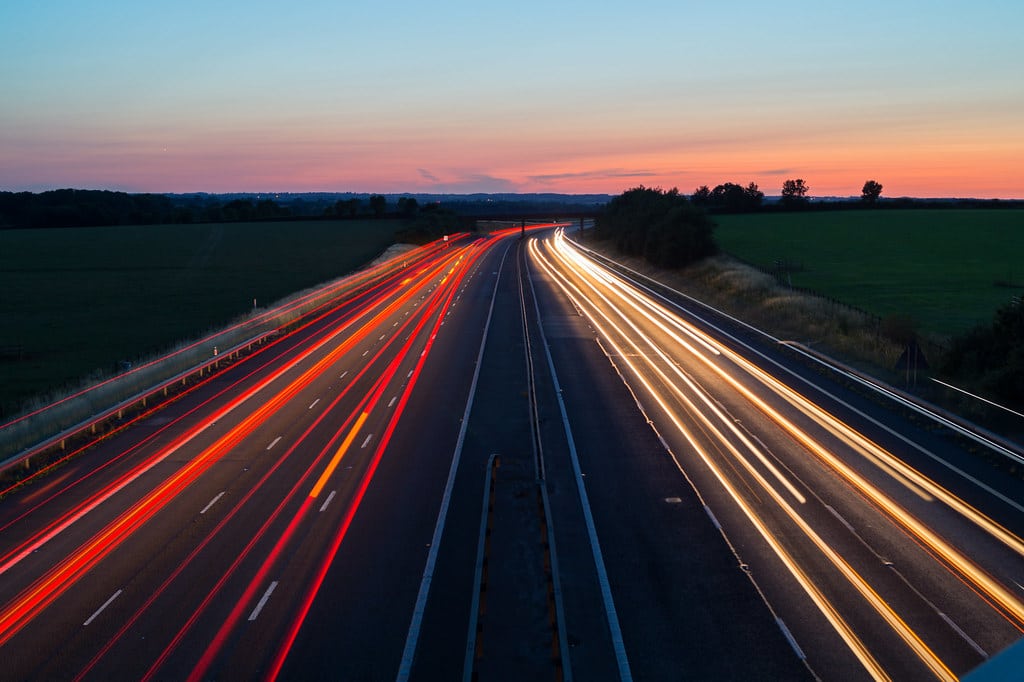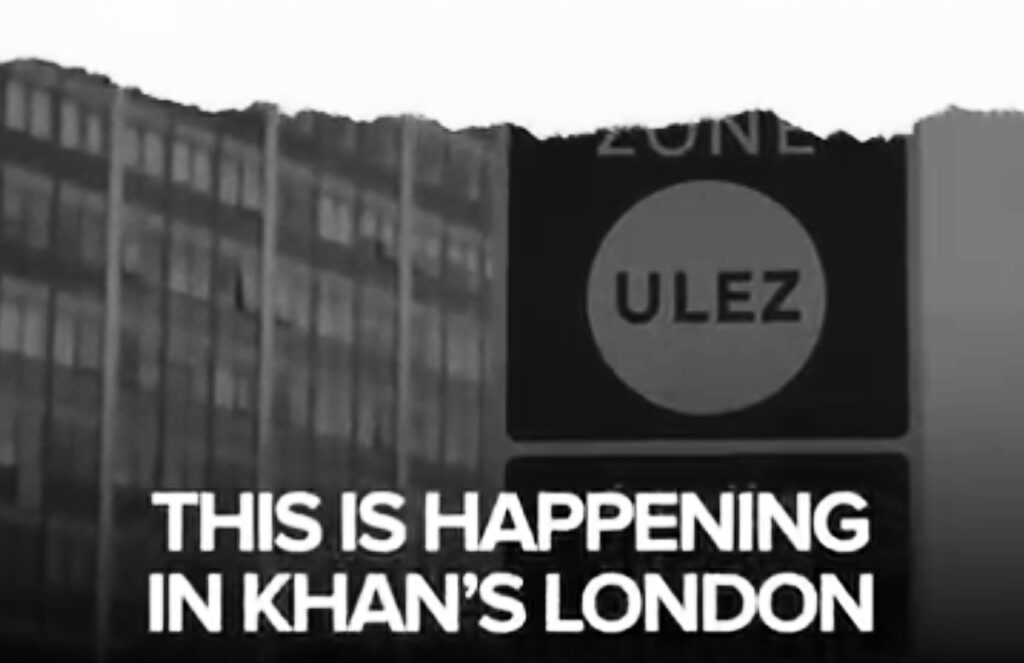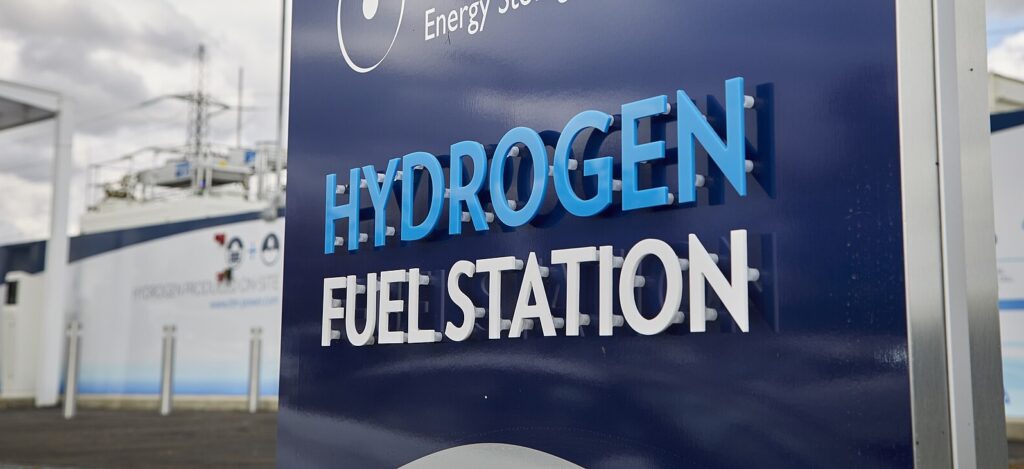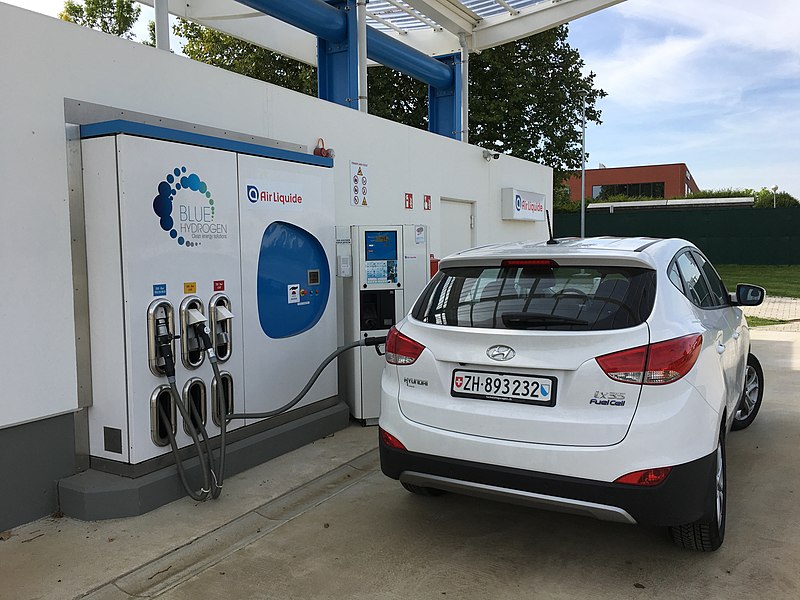Campaigners are challenging the UK’s largest ever road building strategy on the grounds that its impact on the climate was not fully considered.
During a two-day judicial review hearing in the High Court on June 29 and 30, Transport Action Network (TAN) is arguing that ministers should have evaluated how the government’s whole £27.4 billion second Road Investment Strategy (RIS2) would affect the country’s goal of achieving net zero emissions by 2050.
RIS2, described by ministers as the nation’s “largest ever” road-building programme, sets out plans for upgrading England’s strategic road network up until 2025. This includes 50 major schemes for upgrades or new roads, such as a controversial tunnel under Stonehenge and the Lower Thames Crossing.
The strategic road network is already responsible for more than 10 percent of the UK’s domestic CO2 emissions, according to TAN calculations, and emissions from the road transport sector as a whole have increased over the past three decades. Studies show that investing in road capacity increases the number of cars – a phenomenon known as ‘induced demand’. It also makes people more dependent on their cars instead of shifting to cleaner forms of travel such as public transport, walking, and cycling.
The government’s plans to upgrade roads, said TAN director Chris Todd, “risks undermining UK leadership of the COP26 climate summit and our international standing.”
Two weeks after rubber-stamping RIS2 last year, the Department for Transport (DfT) published a policy paper in which Transport Secretary Grant Shapps described climate change as “the most pressing environmental challenge of our time”. The paper, which does not mention RIS2, lays the groundwork for the government’s upcoming Transport Decarbonisation Plan.
TAN, however, argues that ministers had a legal duty under the Climate Change Act 2008’s statutory targets and the Paris Agreement to consider the strategy’s full impact on the environment and could not leave that assessment to the planning stage of individual road projects.
The government maintains that it was not required to consider the cumulative climate impacts of the whole strategy, but that it did so anyway and concluded it was consistent with achieving net zero by 2050. In its written legal response, the government says: “It is not arguable that the Paris Agreement, carbon budgets and the net zero target were so ‘obviously material’ to the decision to set RIS2” that it was legally bound to take them into account.
But, as TAN’s Todd countered: “Trying to argue climate change isn’t ‘obviously material’ to approving the largest ever roads programme is like saying public health is not relevant to reform of smoking rules.”
TAN is being represented by Leigh Day solicitors, David Wolfe QC (Matrix Chambers) and Pete Lockley (11 KBW). The group’s expert evidence to court argues that the DfT failed to properly calculate carbon emissions from the operation of the road schemes and ignored non-tailpipe emissions such as from land clearance and road construction.
TAN meanwhile is trying to bring a separate judicial review against the DfT for refusing to review its 2014 National Policy Statement for National Networks, which sets the rules by which road schemes should be designed and evaluated. It wants the document updated to take into account the latest national climate legislation and targets, and is currently waiting to hear whether it has permission to proceed.
Roads are not the first major infrastructure projects to be challenged in court on climate grounds by environmental campaigners.
TAN is relying on a decision in a case by the Court of Appeal to block planning permission for Heathrow Airport to help strengthen its argument against RIS2. Although the Supreme Court overturned that decision last year, it stressed that it was making its judgment based on the law at the time permission was granted in 2018; since then, the UK has set itself a legally binding net zero target.
The government, meanwhile, is expected to rely on the legal precedent of another recent court case that challenged an infrastructure project. Last year, environmentalist and TV presenter Chris Packham failed in his attempt to block the HS2 high-speed railway.
The DfT would not comment on the ongoing legal case regarding RIS2. But it said in a statement: “Our road policy contains many elements – a plan for decarbonisation of vehicles, plans for public transport and active travel, and plans for road improvements that utilise low-carbon construction techniques. Together, these make a balanced package that is entirely consistent with net zero.”
In its recent progress report to parliament, the Committee on Climate Change recommended that investment in roads “should be contingent on analysis justifying how they contribute to the UK’s pathway to net zero”. To secure the 63 percent cut in emissions needed between 2019 and 2035, the committee asked the government to “prioritise funding away from car use” and to provide “measures to make it less attractive to drive”.
A week before the High Court hearing, the Welsh government suspended all road building plans on climate grounds.
Subscribe to our newsletter
Stay up to date with DeSmog news and alerts







